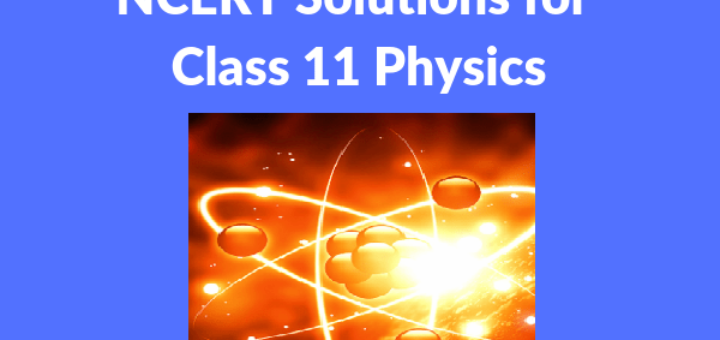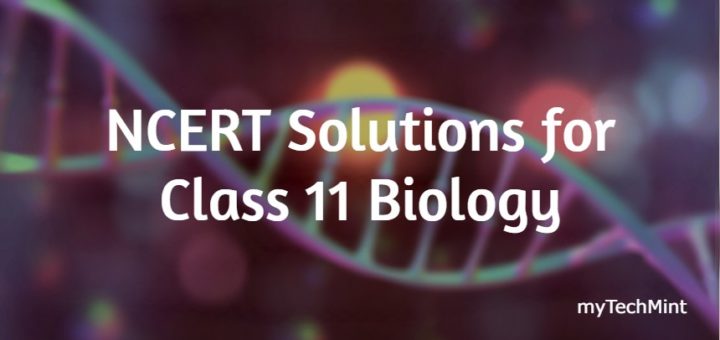NCERT Solutions for Class 11 English Hornbill Poem 4 – Childhood
Childhood Think it out
Question 1.
Identify the stanza that talks of each of the following : individuality; rationalism; hypocrisy
Answer:
- Stanza 1 — rationalism
- Stanza 2 — hypocrisy
- Stanza 3 — individuality
Question 2.
What according to the poem is involved in the process of growing up?
Answer:
The process of growing up involves understanding oneself, other adults and the application of one’s mind rationally. One ceases to be a carefree child and starts judging people and situations.
Question 3.
What is the poet’s feeling towards childhood?
Answer:
The poet is all praise for childhood because one is free from tension and worries and free from wricked ways of the world of grown-ups. As one grows in years, one starts thinking independently and questioning what others say. Childhood is the stage of innocence.
Question 4.
Which, do you think are the most poetic lines? Why?
Answer:
Was it the time I realized that Hell and Heaven
could not be found in Geography?
Childhood is ‘hidden in an infant’s face.
Childhood Extra Questions and Answers
Question 1.
What is the theme/central idea of Markus Natten’s poem?
Answer:
The theme of the poem is the process of growing up. The poet is curious to know for certain when he ceased to be a child and became an adult. All he knows is that childhood lies hidden in the face of a small child.
Question 2.
Does the find answer to his query-When did my childhood go?
Answer:
No. He gets confused. He can only guess but not be sure of the right answer. Perhaps he lost her childhood innocence when he started questioning the concept of right and wrong, of hell and heaven. Or when he started judging the grown-ups and found them hypocritical. Or when he discovered that he could think independently and even better than others.
Question 3.
What does the poet finally conclude in the last stanza?
Answer:
The poet fails to find a definite answer to his question about when or at what style he became a grown-up person. In the last stanza, he gives an answer to the question of where his childhood has gone. He thinks that childhood innocence in its purest form can be seen only on a child’s face.
Question 4.
Sum up the main ideas of the poem ‘Childhood’ in about 80 words.
Answer:
The poet in the first three stanzas tries to find out when he crossed the stage of childhood and became a grown-up adult. Three answers came to his mind. He became a mature grown-up person when he discovered that Hell and Heaven have no definite locations anywhere.
Secondly, the grown-ups are commonly hypocritical. They do not practice what they preach to others. Thirdly, he discovered that he has a mind of his own and he can think independently. The poet is, however, convinced that childhood innocence can be seen only on the face of a child and not any adult.



